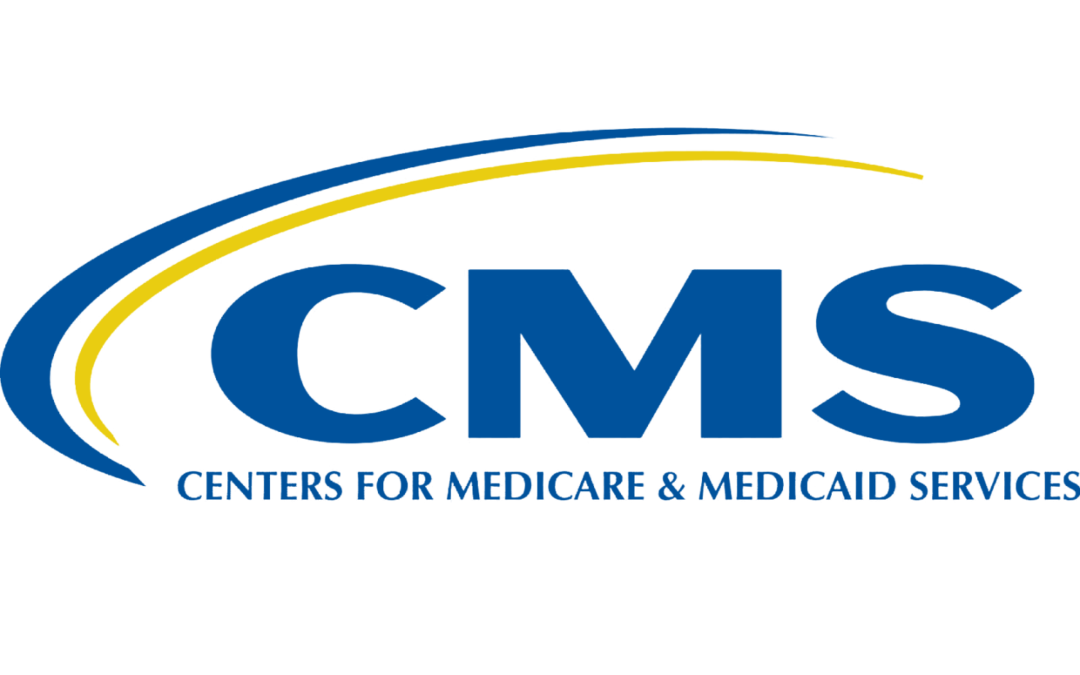Summary of the WISeR (Wasteful and Inappropriate Service Reduction) Model for Medicare
(The summary below is partially excerpted from a more detailed review by Julie Rhodovi)
Original Medicare’s fee-for-service payment structure pays health care providers for the volume of services provided, which may incentivize medically unnecessary treatments, diagnostic tests or other care. The WISeR Model focuses on a specific subset of items and services that may have little to no clinical benefit for certain patients and that historically have had a higher risk of waste, fraud and abuse. This includes skin and tissue substitutes, electrical nerve stimulator implants, and knee arthroscopy for knee osteoarthritis. Such items and services, when delivered inappropriately, may result in harm to people with Medicare: financial (out-of-pocket costs), physical (i.e., complications like the risk of infection), or psychological (i.e., anxiety over tests and procedures). The WISeR Model tests the use of enhanced technology to decrease certain wasteful (low-value) services shown to have little to no clinical, evidence-based benefit. Technology companies participating in the model will help streamline the review of medical necessity for select items and services earlier in the claims process to: 1) reduce inappropriate utilization, 2) lower spending in Original Medicare, 3) expedite decision making and(4) ease provider administrative burden. This is the first CMMI (Centers for Medicare and Medicaid Innovation) that is for technology innovators. About the CMS Innovation Center | CMS
CMS is seeking applications for companies to implement this novel prior authorization program. Applications are due 7/25/2025 with the model to launch on 1/1/2026 with performance years from 1/1/26 to 12/31/31.The MACs participating include- JH, JL, JF, and J15 and the States included are OH, TX, NJ, AZ, OK, WA. Only one company per MAC will be chosen. Companies applying must have a demonstrated ability to understand, interpret, apply, explain, and communicate regarding clinical coverage criteria derived from NCDs and LCDs and dedicated clinicians with relevant expertise and experience for the selected items and services to conduct medical reviews as appropriate (among many other criteria).
Medicare coverage would stay the same. It will impact all Medicare-enrolled providers and suppliers in the selected state regions. With WISeR- the provider/supply will have a choice to submit a prior auth request, for the models’ selected items. If they choose prior auth, they can submit directly to the model participant or through the MAC to forward on. If the provider/supplier opts out of prior-auth, their claim will be subject to medical review. For providers and suppliers who demo a record of compliance, they could become exempt from the WISeR review process with a ‘gold card’.
(While I do not pretend to fully understand this, the goal appears to apply advanced “AI” tools to evaluate the clinical record in order to determine whether a CTP/CAMP application is consistent with current coverage policies. Practitioners who opt out of the process will continue to undergo Medicare audits. Practitioners who opt in and develop a record of “compliance” can become exempt from the WISeR review process.)
–Caroline

Dr. Fife is a world renowned wound care physician dedicated to improving patient outcomes through quality driven care. Please visit my blog at CarolineFifeMD.com and my Youtube channel at https://www.youtube.com/c/carolinefifemd/videos
The opinions, comments, and content expressed or implied in my statements are solely my own and do not necessarily reflect the position or views of Intellicure or any of the boards on which I serve.




I have to admit, I am having a hard time understanding what this means.